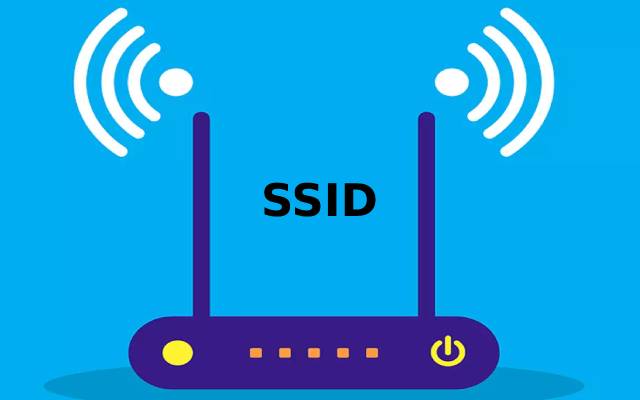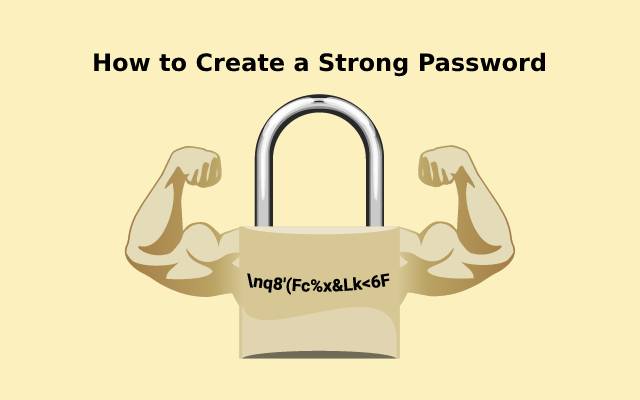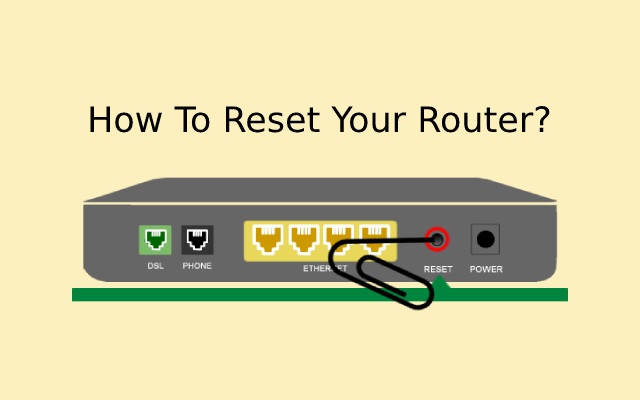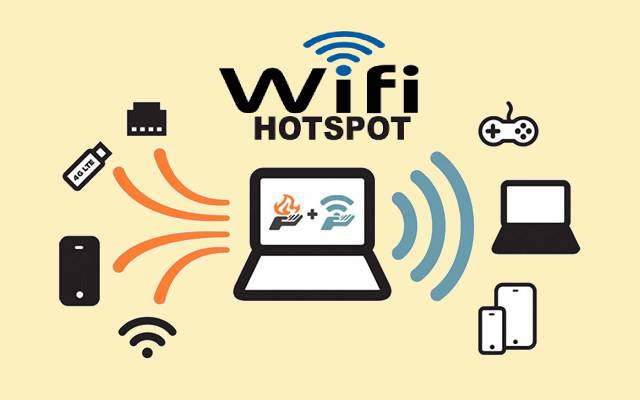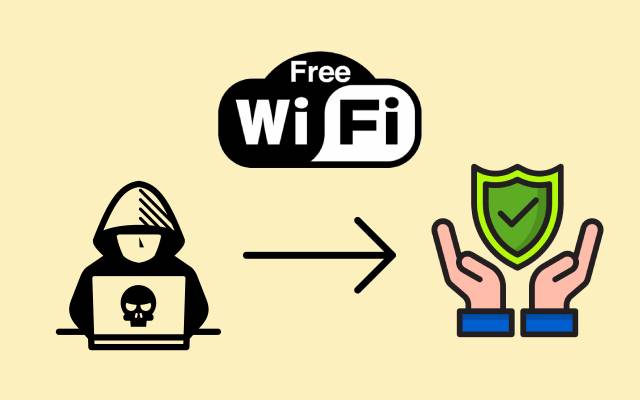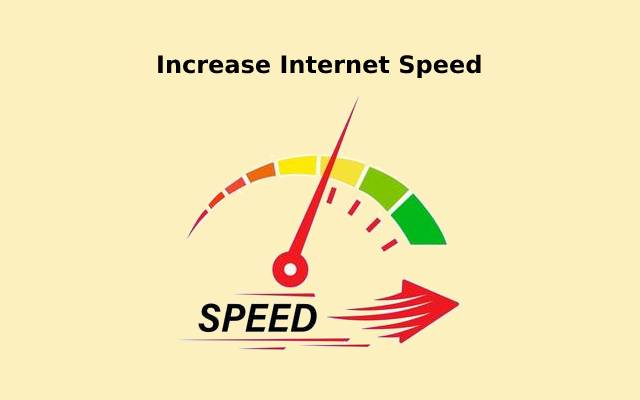Why Is My Internet Slow?
Everyone has experienced the feeling while working, and the Internet suddenly seems to slow down. Why is my internet slow?
Don’t assume that your internet is slow because of a bad connection. It could be that there’s something wrong with your modem or computer. Here are a few reasons your internet can be slow, including background programs, inexpensive routers, and some more.
This article will explore some of the most common reasons your connection might be slow.
Reasons for a Slow Internet Connection
Slow Internet has several causes. It might be your WiFi signal, modem or router, bandwidth-hogging network devices, cable line signal quality, or a slow DNS server. You can identify the root of the problem using these troubleshooting procedures.
Weak WiFi Connection
Variables may be controlled in a wired, closed system. So, for performance reasons, check if the home computer is linked using a wired Ethernet cord—especially if you feel inexperienced. Since wireless is an open system, conditions (and performance) are changing.
Cheap Router
Make sure your home switching and routing equipment are top-notch. Gigabit switches for $20 are great, but routers for under $200 are probably not going to work very well. This is true because routers essentially function as PCs with specialized software. These cheap devices have cheap CPUs and memory. A router costing more than $200 will weigh more. It is good. More RAM and a CPU require more metal.
Unaware of your Mbps
The term “Mbps” indicates the connection speed and is followed by a number (for example, 75/75 Mbps). However, many people are unaware of what Mbps truly is, let alone what it stands for. Consider this: Mbps is to the Internet what horsepower is to cars. Firstly, put “speed test” into your Google search box and choose the first result that appears—speed Google’s test. It is quick and dependable.
Lack of sufficient speed
Once you know your Mbps, you should be able to ascertain the exact speed you need. It depends on how many users utilize your Internet connection and what their activities are. Five Mbps can be plenty if you live alone and only stream music and browse the Internet, for instance. But if your family streams routinely, you should search for a connection speed of roughly 20 Mbps.
Examine your speed in proportion to your plan
It is good to run a speed test to check how well it is truly functioning before going through a ton of debugging on your end. However, before conducting the test, cease any downloads, uploads, Netflix streaming, and other intensive internet activities to ensure the least amount of interference with the findings.
Compare the measured speed results to the anticipated speed of the Internet connection you are paying for. If you do not already know this, you can find it on your Internet service provider’s website or on the bill for your Internet connection.
A busy channel
The channel your WiFi is on could be the issue with the slow Internet. Similar to radio, various WiFi transmissions connect to many channels. So make sure to check if your WiFi channel is overloaded.
It is time to reset the modem and router
Rebooting your modem and router is a good idea if you have not done so recently. If your modem and router are one unit, you might only need to reset that one. However, there is a significant chance that both the router and the modem need rebooting.
The modem is connected to the wire exiting the wall by the modem connected to the router. Remove each from its corresponding power outlet for 10 seconds, then plug it back in to reset it. Be patient as your modem may need a few minutes to reconnect to your Internet service provider and get your Internet connection up. See if your speed has improved after the reboots.
Your WiFi is in an inconvenient location
If you typically keep your router in a cabinet or closet, try moving it out into the open. You can increase your WiFi speed by having an open area for its transmission. However, the distance from your router can be a problem if your house is large. Compare your speed testing results. between being close to your router and farther away. You can also spend money on WiFi extenders for a mesh network if you notice a difference.
Other devices are interfering
WiFi signals in your house or place of business get disrupted by many devices. Radios, TVs, monitors, and other electronic gadgets that produce radio frequencies can contribute to this. Try removing them from your area to see if they are the problem.
Background apps are consuming a lot of bandwidth
Games and software designed to work with videos can make your network appear to have slow Internet connections. However, these programs are simple to overlook while they are running. When troubleshooting a slow network, search your PCs for any background programs that might be active.
Your computer has a virus
Viruses occasionally infiltrate computers, slowing Internet speed and stealing resources without your knowledge. To prevent this, install antivirus software that is reliable and effective.
Do not oversaturate your connection
All the devices on your network share your Internet connection, so additional devices on your network may be saturating it and slowing things down for everyone else. For instance, everyone’s experience would be sluggish if two people stream Netflix and one attempts to download a file using BitTorrent. So, pause (or slow down) a few other downloads to make things move more quickly.
Look for coax splitters
Your Internet connection may be slower if you have coaxial cable splitters on the line leading to your cable modem. Splitters come in various quality levels, and a subpar, inexpensive splitter could significantly reduce your signal strength. Additionally, there might be a lot of splitters.
If your cable line does have splitters, consider removing them to test your Internet connection. Next, check the performance of your Internet connection without any splitters. You have discovered your problem if you have a considerably faster Internet connection speed.
Alternate DNS Servers
If your default Internet service provider’s DNS servers are slow, changing DNS servers can aid in accelerating your perceived connection speed. Your Internet service provider often offers your DNS servers. But if it is sluggish or congested, you might improve the speed with a different DNS server.
Conclusion
If you have tried all these troubleshooting techniques and still cannot solve the issue, there is a good chance you will not be able to. Your Internet service provider might have a problem. Your Internet service provider is responsible for resolving any issues with the connection on their end, as you are paying them to maintain a reliable Internet connection. Make sure it is their issue, not one on your end.
